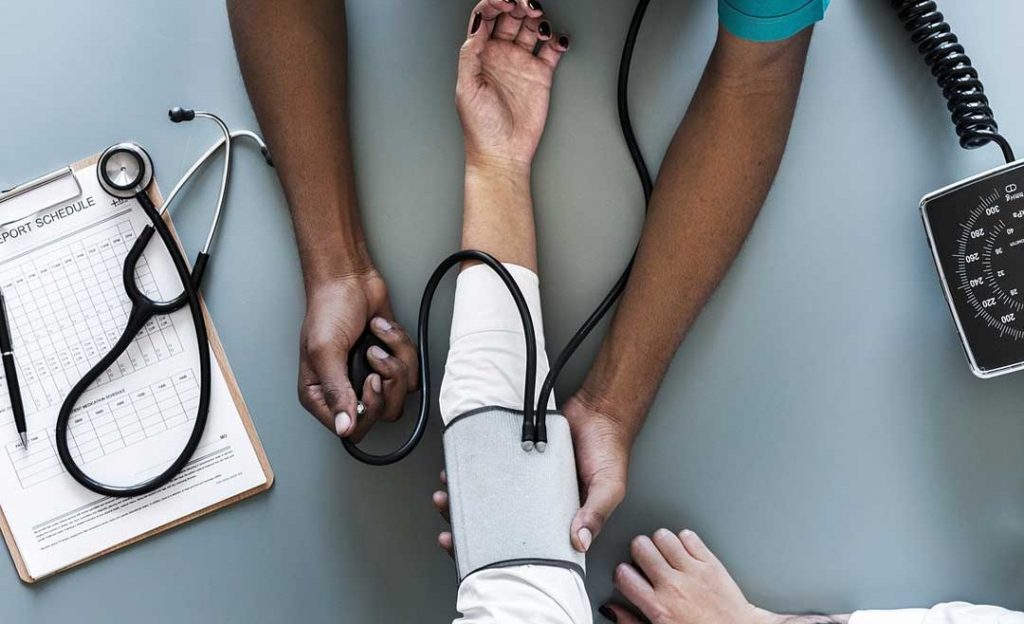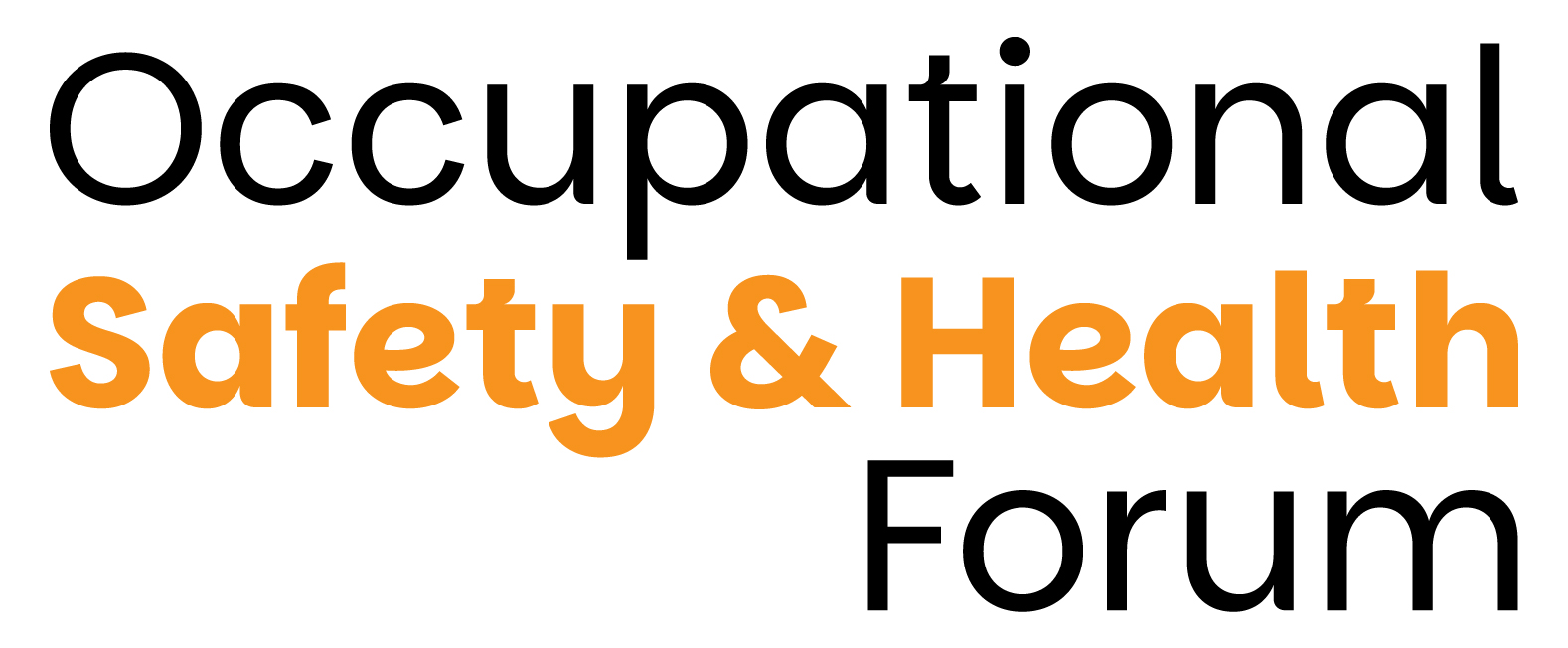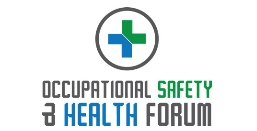An employer’s duty when staff returns after a cancer diagnosis

Bertrand Stern-Gillet, CEO at Health Assured, the UK and Ireland’s largest EAP provider, explains that returning to work for the first time following treatment for cancer can be daunting, so it’s vital to have support in place to help… King Charles returned to public duties recently for the first time since being diagnosed with cancer […]
Respiratory accessibility in workplace design

All workers in the UK are protected by health, safety, and employment laws. However, individuals with disabilities or long-term conditions often require extra support. Like many others, respiratory conditions aren’t visible and vary in symptoms and severity which can make navigating them at work difficult. That’s why employers are required to make ‘reasonable adjustments’ to cater to […]
NHS waiting times drive increases in employee referrals to RedArc

Analysis of patient data shows that cancer, musculoskeletal problems, and mental health concerns were the three conditions that were most referred to RedArc, the nurse-led support organisation, in 2022. Cancer and musculoskeletal issues were up by 18% and 19% respectively in 2022 compared to the previous calendar year, and mental health was down 19% but RedArc believes the latter to […]
New employee disability service ‘short-sighted’ to overlook group risk

In response to the government’s 2019 consultation, ‘Health is everyone’s business’, in which employers asked for joined-up advice on supporting health in the workplace, the government has launched a test version of its Support with Employee Health and Disability Service and is inviting feedback until 30 December 2022 – but group risk industry body GRiD is ‘disappointed’. […]
Stand Up To Cancer Day: Employees with cancer ‘could become more isolated’ with hybrid working

With more employees embracing hybrid working than ever before, RedArc urges employers to ensure that all employees, but especially those with severe illnesses like cancer, do not become increasingly isolated. On the one hand, remote working allows cancer patients to continue to work during their treatment and rehabilitation (if they so wish). Being able to […]
Remote working has affected the way three in five employers support the health and wellbeing of staff

Fifty-nine per cent of employers say that the change in working patterns to a more remote or hybrid approach has affected the way they support the health and wellbeing of staff, according to research from GRiD, the industry body for the group risk protection sector. Of those employers who stated that working patterns had affected the way they support the health and wellbeing of […]
How to support new employees’ holistic health this National Careers Week

By Cheryl McKown, Apprenticeship and Graduate Senior Manager for Bupa Global & UK A tumultuous 24 months has led many people to think carefully about their careers and many are now looking for a change in career or a new role that will be fulfilling and rewarding. New starters benefit businesses, as they bring fresh perspectives […]
Employers have big role to play when it comes to tackling NHS backlog

The impact of the continuing Covid pandemic means that health and wellbeing support in 2022 will be hugely influenced by factors outside of the work environment. Brett Hill, distribution director at Towergate Health & Protection makes his predictions for the coming year and explains how employers will play a crucial role… The impact of missed cancer […]
Solve ‘presenteeism’ to avoid rising absenteeism in 2022

New research from Canada Life has revealed that a third (35%) of UK adults have continued to work while feeling unwell in the past 18 months, rising to almost half (46%) among those aged 18-34 years. They also found that almost one-third (32%) of those working from home felt more pressure regarding presenteeism – where […]
The difference between life and death

Every year in the UK, over 30,000 people suffer from a Sudden Cardiac Arrest (SCA) out-of-hospital. Where the Emergency Services attempt to resuscitate, less than 10% will survive.[1] Many Sudden Cardiac Arrest (SCA) victims can be saved if they receive immediate treatment before the Emergency Services arrive, including Cardiopulmonary Resuscitation (CPR) and defibrillation which shocks […]


